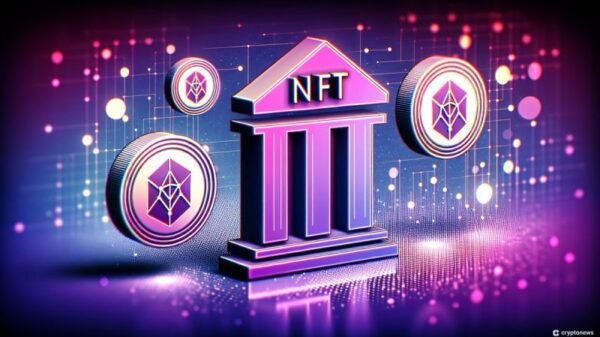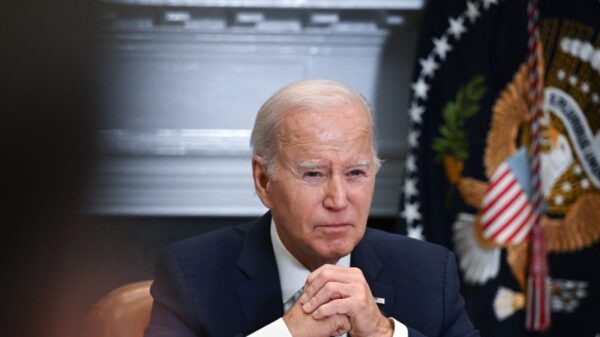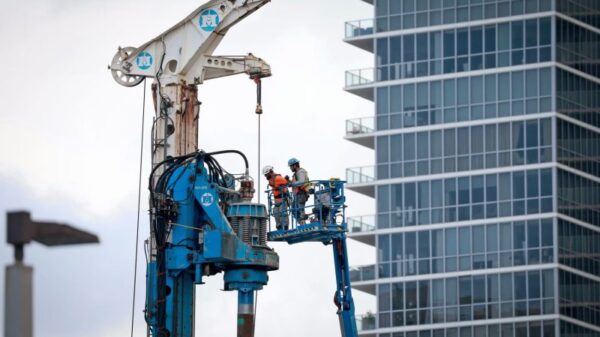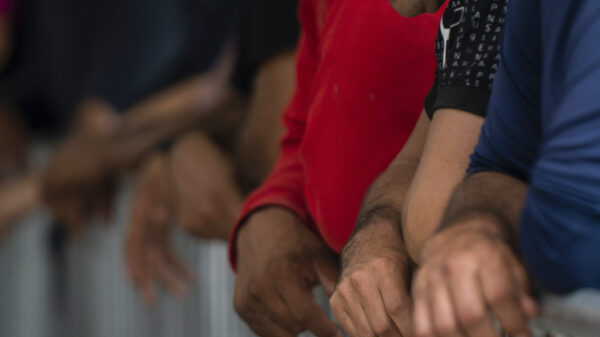Customer experience is critical in the hospitality industry as it determines whether guests will return and recommend. Indoor tracking technology has revolutionized the hospitality industry in recent years by providing useful insights into guest behavior and preferences. Through the use of sensors and beacons strategically placed throughout a hotel or resort, managers can track guests’ movements, collect information about their behavior and create customized experiences that enhance the customer experience.
How does indoor tracking work? What is it?
Indoor tracking is a technology that enables hotels to track the movements of visitors in real time and collect important information. Hotels can record and analyze guest behavior through the use of sensors and beacons wirelessly connected to a central platform in order to offer customized services and optimize their business processes.
There are a variety of indoor tracking technologies, including:
WiFi-based systems: To track guests’ movements, they use the hotel’s WiFi networks. Although the data can vary in accuracy, no additional hardware is required.
Bluetooth-based systems: These use Bluetooth beacons placed at specific locations around the hotel to track guests’ movements. The accuracy of the data is higher than with WLAN-based systems.
UWB-based systems: These use ultra-wideband technology to track guests’ movements with high accuracy. However, they require special hardware and a more complex installation.
Benefits of indoor tracking for customer experience in the hospitality industry
Indoor tracking offers a variety of benefits to improve the customer experience in the hospitality industry. Here are some of the key benefits:
Personalization of Services
Indoor tracking allows hotels to understand their guests’ behavior and preferences and offer personalized services. For example, a hotel that knows a guest likes coffee may provide a coffee maker in the room upon arrival. Or a hotel can offer personalized recommendations for activities or restaurants based on the guest’s preferences.
Real-time visitor monitoring
Indoor tracking allows hotels to track guest movements in real time. This offers many benefits, including the ability to quickly respond to needs or requests. For example, if the hotel leaves the hotel and forgets to leave their keys, the hotel can approach the guest and tell them that they can leave their keys at the reception.
Improved security
Indoor tracking can also help improve guest safety. If a guest is in an emergency situation or needs help, indoor tracking allows staff to react quickly and support the guest. Additionally, with indoor tracking technology, hotels can ensure guests only have access to the areas they are authorized to access, enhancing hotel security.
Optimization of business processes
Indoor tracking technology enables hotels to optimize their business processes. For example, by analyzing guest data, hotels can improve the efficiency of cleaning and maintenance processes and ensure guests always have a clean and comfortable room. In addition, indoor tracking can help optimize human resources and improve the efficiency of processes such as check-in and check-out.
Increasing guest satisfaction and loyalty
By providing personalized services and responding quickly to needs and requests, hotels can increase guest satisfaction and loyalty. Guests are more likely to return and recommend the hotel to others when they feel their needs and preferences are taken care of and the staff is always ready to help.
Implementation of indoor tracking in the hotel industry
Implementing indoor tracking technology in the hospitality industry can be challenging, but it also opens up numerous opportunities to improve the customer experience. Here are some key steps hotels and resorts should consider when implementing indoor tracking technology:
Choosing the right technology
There are many different types of sensors and beacons on the market and it is important to choose the ones that best fit the specific needs of the hotel or resort. For example, ultrasonic sensors can be used to track guest movements, while beacon technology can be used to send personalized offers and messages to guests.
Data management
Hotels and resorts need to ensure that the data collected is stored and processed securely and reliably. Privacy and security are also important considerations, as guests need to have confidence that their information is being kept safe. It’s important to have a clear privacy policy and to ensure guests give their consent to the use of their data.
Training of staff and guests
Staff need training to ensure they can use the technology properly and help guests understand it. Guests also need to be educated about the technology so they understand its benefits and feel comfortable using it.
Overcoming challenges
One of the biggest challenges when implementing indoor tracking technology is the integration with existing systems and processes. Finding the right positioning of sensors and beacons to collect accurate data can also be a challenge. Good planning and collaboration between technology providers and hotel managers can help overcome these challenges.
Overall, indoor tracking technology offers hotels and resorts the opportunity to gain valuable insights into their guests’ behavior and preferences and create personalized experiences that increase customer satisfaction and loyalty. However, it is important to plan carefully and consider all relevant factors to ensure a successful implementation.
Conclusion
Indoor tracking technology is revolutionizing the way hotels and resorts design their guest experiences. By using sensors and beacons, hotel managers can track guest behavior and preferences, creating personalized experiences that improve customer service. The technology offers numerous benefits, including personalization of services, real-time tracking of guests, improved safety and efficiency of operations, and increased guest satisfaction and loyalty.
The post How indoor tracking can improve the customer experience in the hospitality industry appeared first on IoT Business News.






























